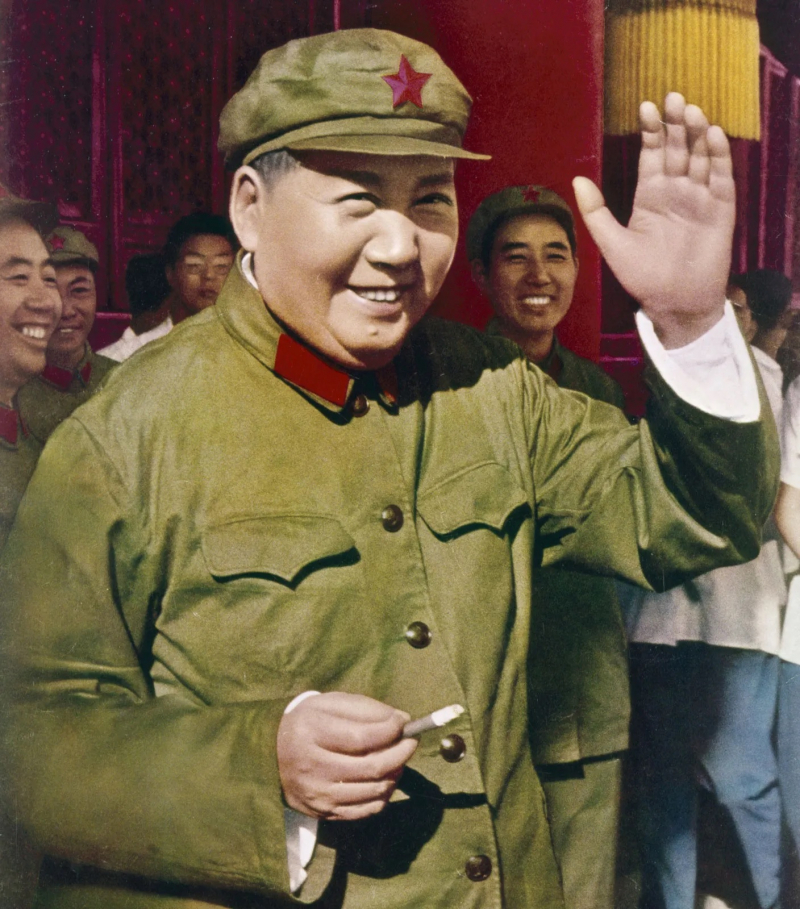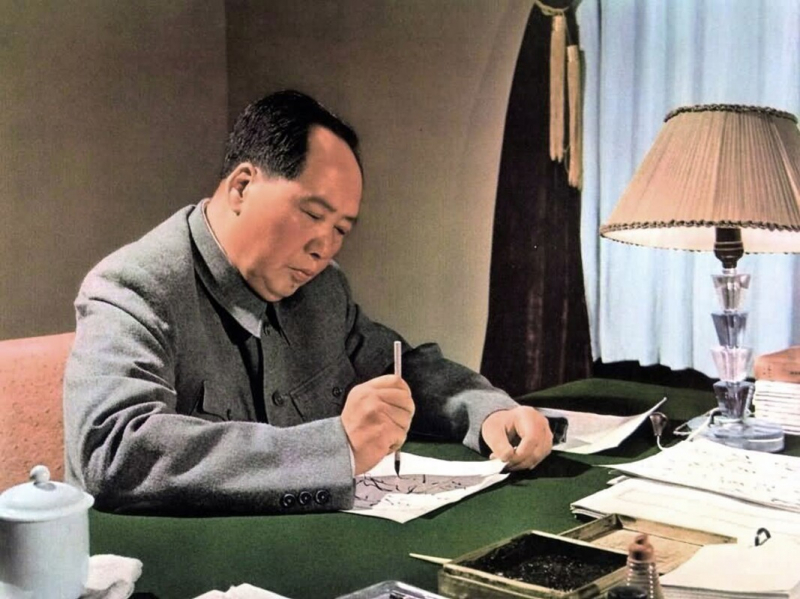Mao Zedong launched the 5 year ‘Great Leap Forward’ plan
The Chinese Communist Party (CCP) oversaw an economic and social campaign known as the Great Leap Forward (Second Five Year Plan) in the People's Republic of China (PRC) from 1958 to 1962. Through the establishment of people's communes, CCP Chairman Mao Zedong began the effort to transform the nation from an agricultural economy into a communist society. Mao ruled that more should be done to enhance grain production and introduce the industry to the rural. Local authorities fought to meet or exceed quotas that were based on Mao's overstated promises out of fear of anti-Rightist campaigns, collecting fictitious "surpluses," and abandoning farmers to starve to death. Higher authorities were afraid to speak out about the economic catastrophe that these policies were causing, and national leaders did little to nothing to address the drop in food production while blaming the weather. The Great Chinese Famine, which is considered to be the greatest or second-largest famine in human history, claimed millions of lives in China during the Great Leap, with estimates varying from 15 to 55 million.
The gradual implementation of required agricultural collectivization was one of the most significant shifts that happened in the lives of rural Chinese peasants. Private farming was outlawed, and those who practiced it suffered retaliation and were branded counter-revolutionaries. Social pressure, public demonstrations, and forced labor were all used to impose restrictions on rural residents. Although it was said that rural industrialization was a campaign objective, "the Great Leap Forward's flaws prevented its progress." China's GDP contracted twice between 1953 and 1976, once during the Great Leap and once after.
Mao Zedong handed up day-to-day control of the party in 1959 to pragmatic moderates like Vice Premier Deng Xiaoping and Chinese President Liu Shaoqi, and the CCP carefully examined the harm caused by conferences it conducted in 1960 and 1962, particularly the "Seven Thousand Cadres Conference." Mao did not change his positions on his ideas; instead, he attributed failures to poor implementation and "rightists" who were against him. To crush resistance and restore his hold on power, he started the Socialist Education Movement in 1963 and the Cultural Revolution in 1966. The 1975 Banqiao Dam catastrophe (under the influence of Typhoon Nina), which occurred from the collapse of dozens of dams built in Zhumadian, Henan during the Great Leap Forward, claimed somewhere from tens of thousands to two hundred and forty thousand lives.









